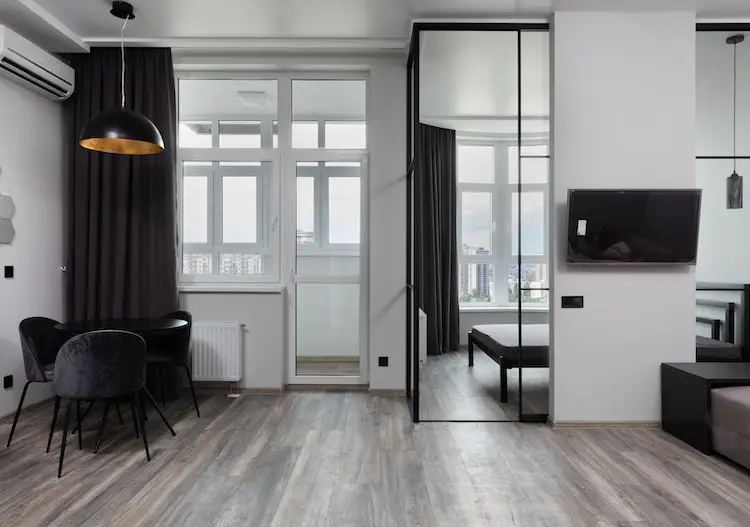Indoor air quality is a critical aspect of maintaining a healthy living and working environment. With the presence of various indoor air pollutants, such as dust, pollen, pet dander, mold spores, and bacteria, it’s crucial to invest in high-quality air filters to ensure the well-being of occupants.

The merv 13 filter has emerged as an effective solution for capturing a wide range of contaminants, making them particularly beneficial for people with allergies and asthma. In this blog post, we will explore the effectiveness and importance of MERV 13 air filters in residential and commercial settings.
Indoor Air Pollutants and the Importance of Good Indoor Air Quality
Indoor air pollutants can originate from numerous sources, including outdoor pollutants entering through windows and doors, household products, building materials, and human activities such as cooking and smoking. These contaminants can exacerbate allergies, asthma, and other respiratory issues, while also contributing to fatigue, headaches, and eye irritation.
Maintaining good indoor air quality is essential for protecting the health of occupants, increasing productivity, and reducing the likelihood of long-term health problems. One way to achieve this is by using high-quality air filters like merv 13 filter in your heating, ventilation, and air conditioning (HVAC) system.
MERV 13 Air Filters: Composition and Functionality
MERV, or Minimum Efficiency Reporting Value, is a rating system that measures the efficiency of air filters in capturing airborne particles. MERV ratings range from 1 to 16, with higher numbers indicating better filtration performance. MERV 13 filters are considered high-efficiency filters, capable of trapping a wide range of contaminants, including:
- Pollen
- Dust mites
- Mold spores
- Pet dander
- Bacteria
- Tobacco smoke
- Fine particles from vehicle emissions
Compared to lower-rated filters, MERV 13 filters are composed of denser and more tightly woven fibers, typically made from synthetic materials such as polyester or polypropylene. This construction allows them to capture smaller particles while maintaining adequate airflow through the HVAC system.
Health Benefits of MERV 13 Filters
MERV 13 filters provide numerous health benefits, particularly for individuals with allergies, asthma, or other respiratory issues. By capturing a wide range of pollutants, they can help:
- Reduce allergy symptoms: MERV 13 filters are effective at trapping common allergens like pollen, mold spores, and pet dander, which can significantly reduce allergy symptoms such as sneezing, itchy eyes, and nasal congestion.
- Prevent the spread of germs: These filters can capture bacteria and virus-carrying particles, helping to prevent the spread of illnesses and infections in homes and workplaces.
- Decrease respiratory issues: By removing fine particles that can irritate the respiratory system, MERV 13 filters can help decrease the likelihood of asthma attacks and other respiratory problems.
Ideal Situations for MERV 13 Filters
MERV 13 filters are well-suited for various residential and commercial settings, including:
- Homes with allergy or asthma sufferers
- Offices and commercial buildings where maintaining good indoor air quality is essential for productivity and employee health
- Schools, hospitals, and other facilities where clean air is crucial for occupants’ well-being
It’s important to note that while MERV 13 filters offer superior filtration performance, they may not be compatible with all HVAC systems. Consult your system’s manual or a professional HVAC technician to determine if a MERV 13 filter is suitable for your specific system.
In Conclusion
Investing in MERV 13 air filters can significantly improve indoor air quality in residential and commercial spaces, providing numerous health benefits for occupants. By effectively capturing a wide range of pollutants, these high-efficiency filters can help reduce allergy symptoms, prevent the spread of germs, and decrease the likelihood of respiratory issues. To ensure optimal air quality and protect the health of those around you, consider upgrading to MERV 13 filters in your HVAC system.









